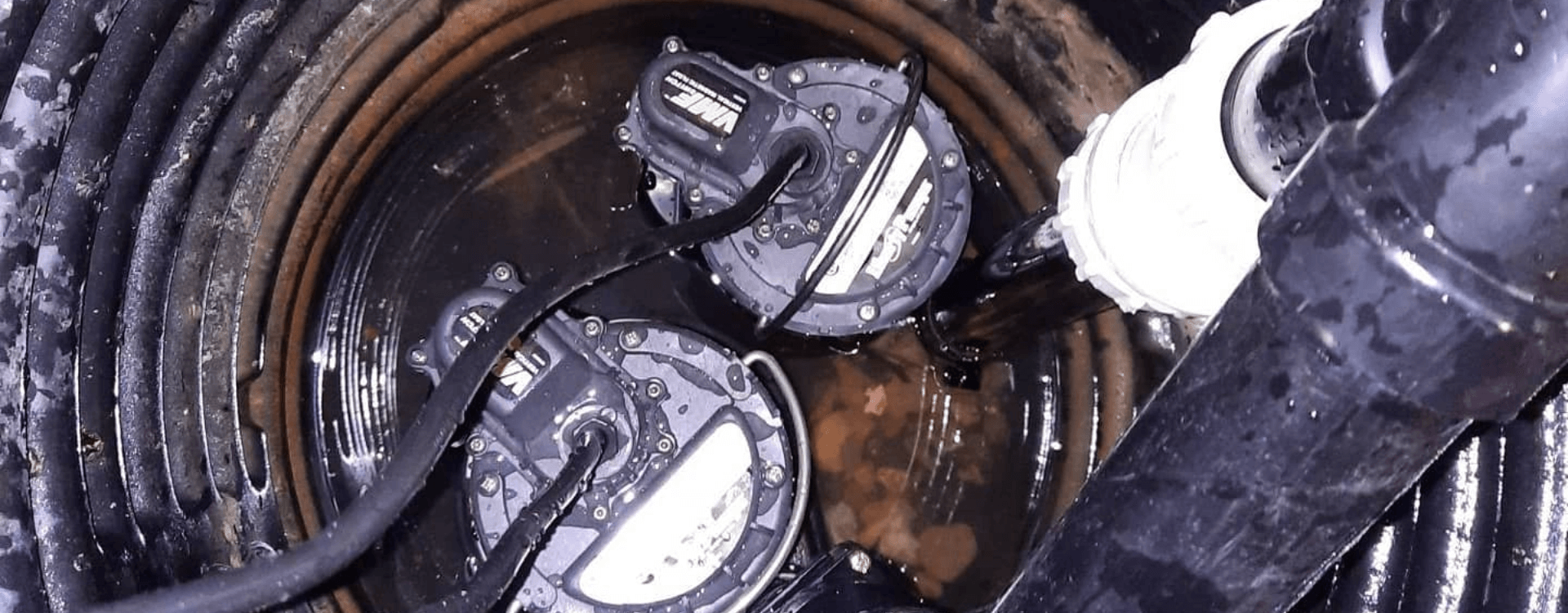There are some misconceptions that people may have about septic systems. There is the fear that they could be high maintenance or expensive to repair. But this does not necessarily have to be the case. Here are a few things that you should know about septic systems.
How a septic system works
A septic system uses a large tank, distribution box, baffles, and drain field (sometimes known as a septic or leach field) to filter out waste water. Waste water comes out from your home from sinks, showers, and toilets through pipes to the tank.
Solid matter (also called sludge) settles at the bottom. Anaerobic bacteria break down the sludge, releasing grease, oil, etc. (referred to as scum). The baffles keep the byproducts separate from the waste water, which the soil can then filter.
The facts
Some people may think homes don’t have septic tanks anymore. However, recent research by the EPA suggests as many as one in five properties still have them. There is also the suggestion that they fail or cause bad smells- this is untrue, with units lasting up to 40 years with proper maintenance and with no bad smell if the unit is properly looked after (if it does smell, then it should be looked at!)
There have been some concerns that septic tanks could contaminate wells. Legally, a septic tank should not be less than 50 feet away from a well, so this should not be a problem, as this will ensure that waste and drinking water are kept apart.
Look after your septic tank.
Prevention is often better than having to get an expensive repair or replacement job. Avoid putting items down the drain, such as paint, chemicals, coffee grounds, or disposable wipes, as these can potentially clog the system.
Be wary of using additives, either chemical or biological. In theory, they should speed up the process of breaking down solids, but in practise, there is the risk that these additives could affect the natural bacteria in the system that are already doing the job of breaking down the solids and could unintentionally do more harm than good.
It is also important that people do not park their vehicles over the drain field as this could damage the pipes, nor should you put any plants near the drain field as some species’ roots may get into the pipe or the tank and cause damage.
Get a professional
One issue that can occur is when homeowners have a home inspection. Often, these more generalized inspections will tend to have a basic look at the tank to see if it is functioning properly.
If you want a more in-depth look at how well a septic tank is performing, it is best to use the services of a specialist who knows what to look for. A more thorough inspection is important because specialists will be able to see smaller issues that could become bigger problems if not promptly addressed.
In short, don’t be put off, as with the right care, a septic system can be perfect for your home’s needs.



